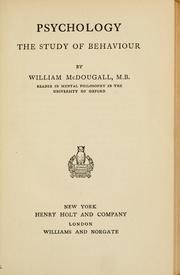
Photo from academic.microsoft.com
People often draw trait assessments of unfamiliar persons on the basis of minimal visual information like facial features. Most studies focus on explicit person evaluations, even though automatic processes of… Click to show full abstract
People often draw trait assessments of unfamiliar persons on the basis of minimal visual information like facial features. Most studies focus on explicit person evaluations, even though automatic processes of perception are the underlying basis. Furthermore, previous experiments on automatic processes only address very general levels of association. We conducted two experiments employing the multidimensional IAT (md-IAT) to examine automatic processes of perception in a more differentiated way, testing essential variables that are often used to characterize aliens. Results show that personality trait associations of people perceived and categorized as aliens (acquired solely through usage of paraphernalia) are not consistently negative in comparison to more familiar-looking people but might point to the core variables of xenophobic stereotypes (e.g., being aggressive, threatening, and untrustworthy). Proceeding in revealing such variables and testing them might help to understand the main cognito-emotive pattern behind xenophobia and help challenging and tackling stereotypes against aliens.
Journal Title: Frontiers in Psychology
Year Published: 2019
Link to full text (if available)
Share on Social Media: Sign Up to like & get
recommendations!